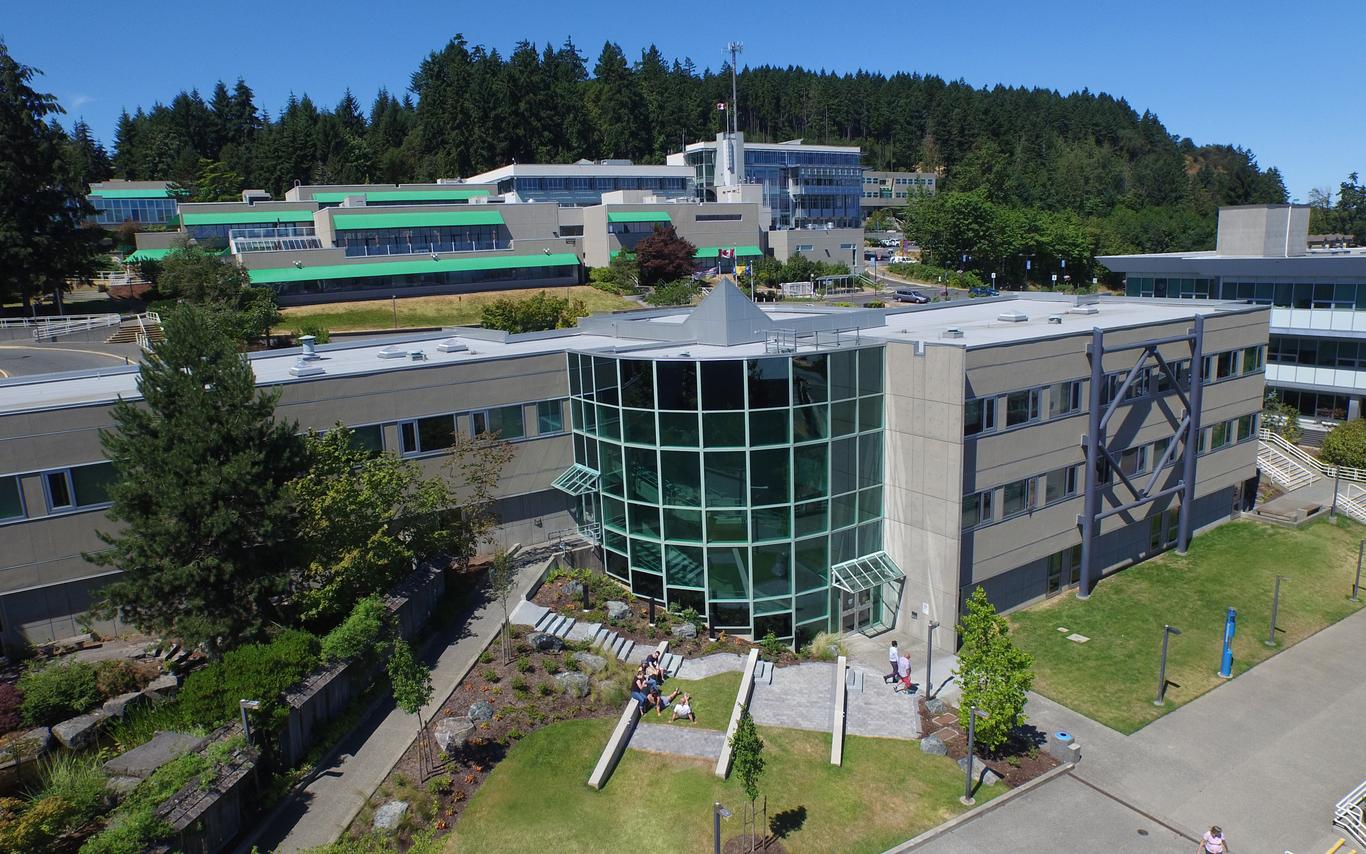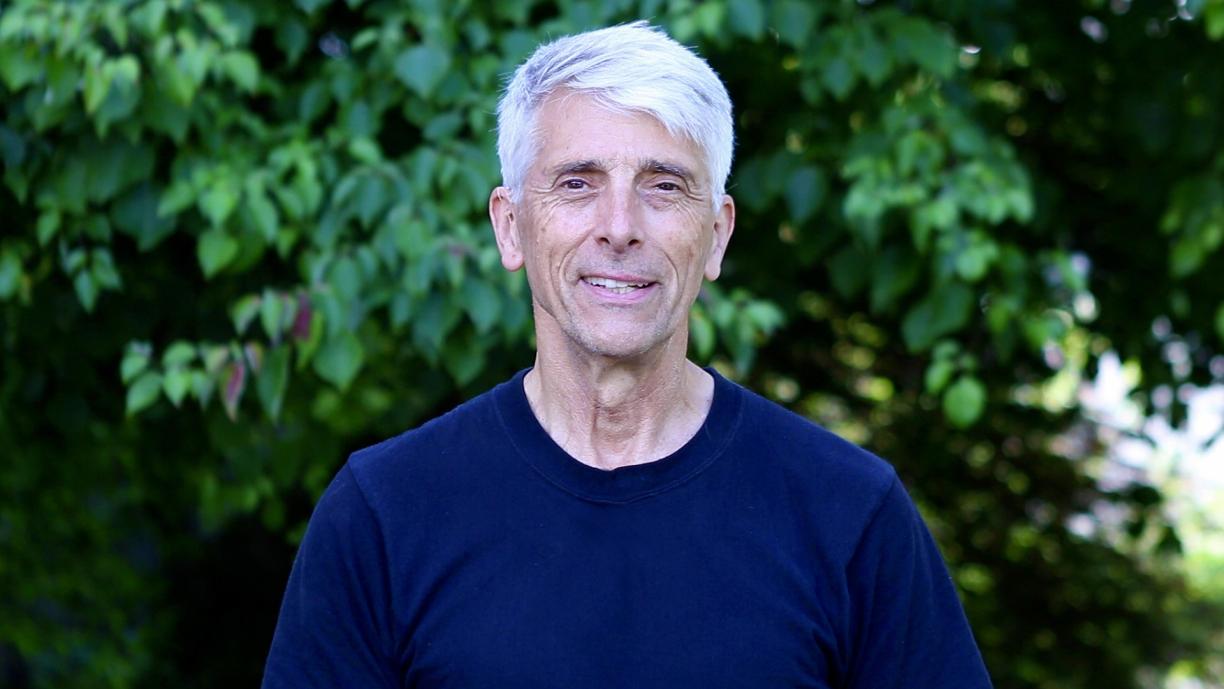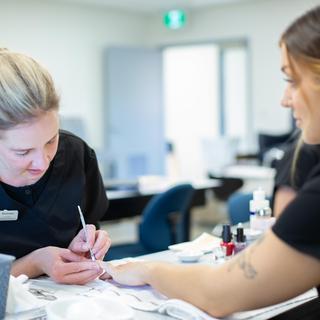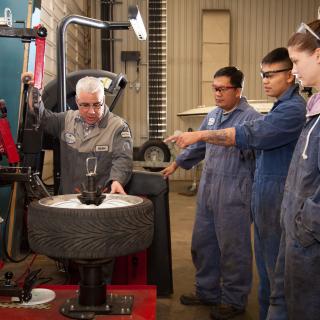First Class Power Engineer David Babich has almost half a century of experience working in the trade in a variety of industries from pulp mills to textile manufacturing facilities all around the world. He is the chair and instructor of VIU’s Power Engineering program and says he is excited about the ways his students can be part of the move to eliminating pollution as power systems evolve and move into green technology.
Babich started his career in the power plant at the Celgar Pulp Mill in Castlegar, BC, in 1972 and never looked back. He decided to become a power engineer because it offered stable work in almost any country in the world, it paid well and allowed him to apply his mechanical aptitude.
Over the next 13 years he worked at variety of power plants across western Canada and took power engineering courses by mail, earning his First Class Power Engineering certification in 1985. Ten years later he jumped overseas and spent the next seven years working abroad, including serving as Chief Engineer at a rayon mill in the jungles of North Sumatra, Indonesia, where he even learned to speak Bahasa Indonesia. Babich is proud of the work he was involved in there, including helping the mill reduce its pollution into the environment and improving the safety and reliability of the facility.
In 2013 he oversaw the completion and the start-up of the power plant at Keyano College in Fort McMurray, Alberta, and made the transition to instructor of their Power Engineering program before going on to teach at the Southern Alberta Institute of Technology (SAIT). Tired of the commute from the west coast of BC to Alberta, Babich jumped at the chance to join VIU in 2019 to lead the Power Engineering program.
Babich’s expertise in thermal energy has led to a business partnership. He is the co-founder and Chief Technical Officer (CTO) of a Calgary based renewable energy company; SolarSteam Inc.
He says he is still learning new things and is excited to be part of educating tomorrow’s power engineers as the world makes the transition from non-renewable energy resources to the many forms of solar power.
What kind of green technology are you involved in?
SolarSteam is made up of a group of entrepreneurs that saw a demand for alternative energy systems. We have the business and engineering acumen to economically provide modular equipment that can deliver solar thermal energy to Canadian industrial energy consumers at competitive prices. Our company recently won a sizable grant from GreenSTEM, an Alberta government initiative to provide funding and support to individuals and businesses across the province who are working on technologies with emissions reduction potential. We are in the process of developing a solar steam “proof-of-concept” solar thermal plant to produce Solar Heat for Industrial Purposes (SHIP).
One of VIU’s values is research and pursuit of knowledge. Why is that important to you?
Research into alternative energy, particularly solar thermal energy, is a serious pursuit of mine. Society is reliant on technology and while we like the simplicity of solar cells as they can provide low-cost electricity, storing that electricity is expensive and only economical on a small scale for things like our phones, tablets, computers and to some extent cars. On the other hand, solar thermal energy storage is about one-ninth of the cost of electricity storage. At SolarSteam we are on the path to providing Solar Heat for Industrial Purposes (SHIP) with the plan to develop utility scale thermal energy storage as one of the next major steps.
You have many years of experience working in a trade field and recently branched into teaching that trade; what is the most valuable piece of advice you pass along to your students.
I do not give advice, because if it is good advice, you have to give me credit for it; and if it’s bad advice, you can blame me. Neither of these promotes self-responsibility. If I was to suggest a “most valuable” coaching tip, it would be to find a great mentor, one who truly wants you to succeed at being your absolute best; and who will challenge you to continually do that.
If you could do something different, what other profession would you do?
I would work in conflict resolution. Many of the problems in our world are caused by misunderstandings and I’d love to be able to sort out some of the most difficult ones. I’ve had my own share of misunderstandings that I am still working through and would love to be a world-class expert in this field.
What trait do you most admire about yourself?
I most admire my resilience. There have been a number of serious tragedies in my life. I seem to have been able to work through them and I keep going with enthusiasm and hope towards my goals.




